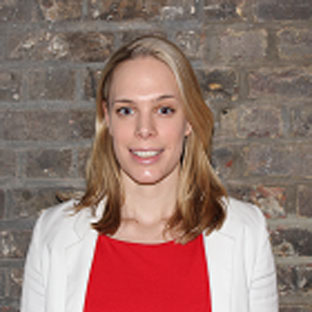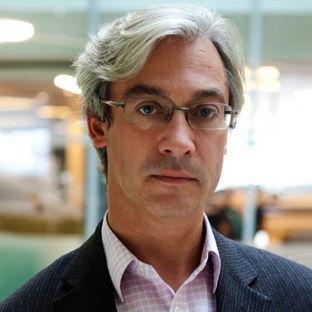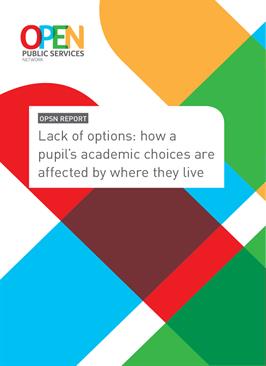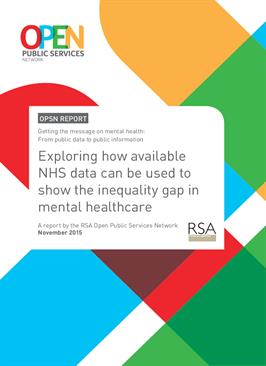Does where you live impact on the subjects and qualifications available at Key Stage 4? Does it matter whether you live in a rich or poor neighbourhood?
Data analysed in OPSN’s second report shows that access to subjects such as triple science and language GCSEs vary enormously, with young people in poor neighbourhoods either denied access or strongly encouraged not to take up certain subjects. OPSN’s data reveals that:
- In North East Lincolnshire 50% of the 10 schools in the LEA did not offer triple science GCSE. More than a third of schools do not enter any pupils for triple science in Knowsley (43%), Slough (36%), Kingston upon Hull (38%) and Newcastle (36%).
- In contrast, in Sussex and Cumbria – local authorities with over 30 schools – every school offers GCSE in three sciences.
- Children in Knowsley are half as likely to be enrolled for a science GCSE as children in Buckinghamshire.
- Children in Kensington are four times more likely to be enrolled for a language GCSE than children in Middlesbrough where, on average, only one child in every four takes a language GCSE.
- You are most likely to be entered for an art GCSE in Portsmouth and least likely in Kingston upon Hull, where it is four times less likely.
In an accompanying report, kindly sponsored by Leeds City Council, the RSA highlights ‘subject deserts’ within certain local authorities, where pupils are not given the option of finding a school which offers the subjects they want to study.
Roger Taylor, Chair of OPSN and RSA Fellow, said: “These data show that children’s educational opportunities are defined by where they live. Our worry is that these differences reflect decisions made by schools based on calculations as to how schools can appear better on league tables. The evidence suggests that in areas where most children are expected to do less well in exams, the educational opportunities for all children are being restricted.”
However, there are schools bucking the trend. In John Smeaton Academy in east Leeds, we describe a case study of a school that made a conscious decision to broaden its curriculum offer: “For many years leading up to the school going into Special Measures the only opportunity to study science was through B-Tec. Feedback from parents and students was that this was not providing the appropriate grounding for students to pursue further studies in the sciences. The school now offers biology, chemistry and physics at GCSE and A Level (with classes of between eight and 12 in each group).”
These data patterns also raise serious policy questions, including the extent to which Local Authorities should have strategic oversight, the quality of school leadership and how to improve it.
Download the data
The dataset is published under an Attribution CC BY licence. This license lets others distribute, remix, tweak, and build upon our work, even commercially, as long as the OPSN is credited for the original creation.
Download data: GCSE enrolment data 2013-14
pdf 1.7 MB
Contributors


Related reports
-
Report: Educating the 'failing' 40 percent
The new report from RSA OPSN analyses the impact of attainment at Key Stage 4 on post-16 educational choices.
-
Report: Getting the message on mental health - from public data to public information
RSA OPSN explores what open data can reveal about mental health outcomes in England.



Be the first to write a comment
Comments
Please login to post a comment or reply
Don't have an account? Click here to register.